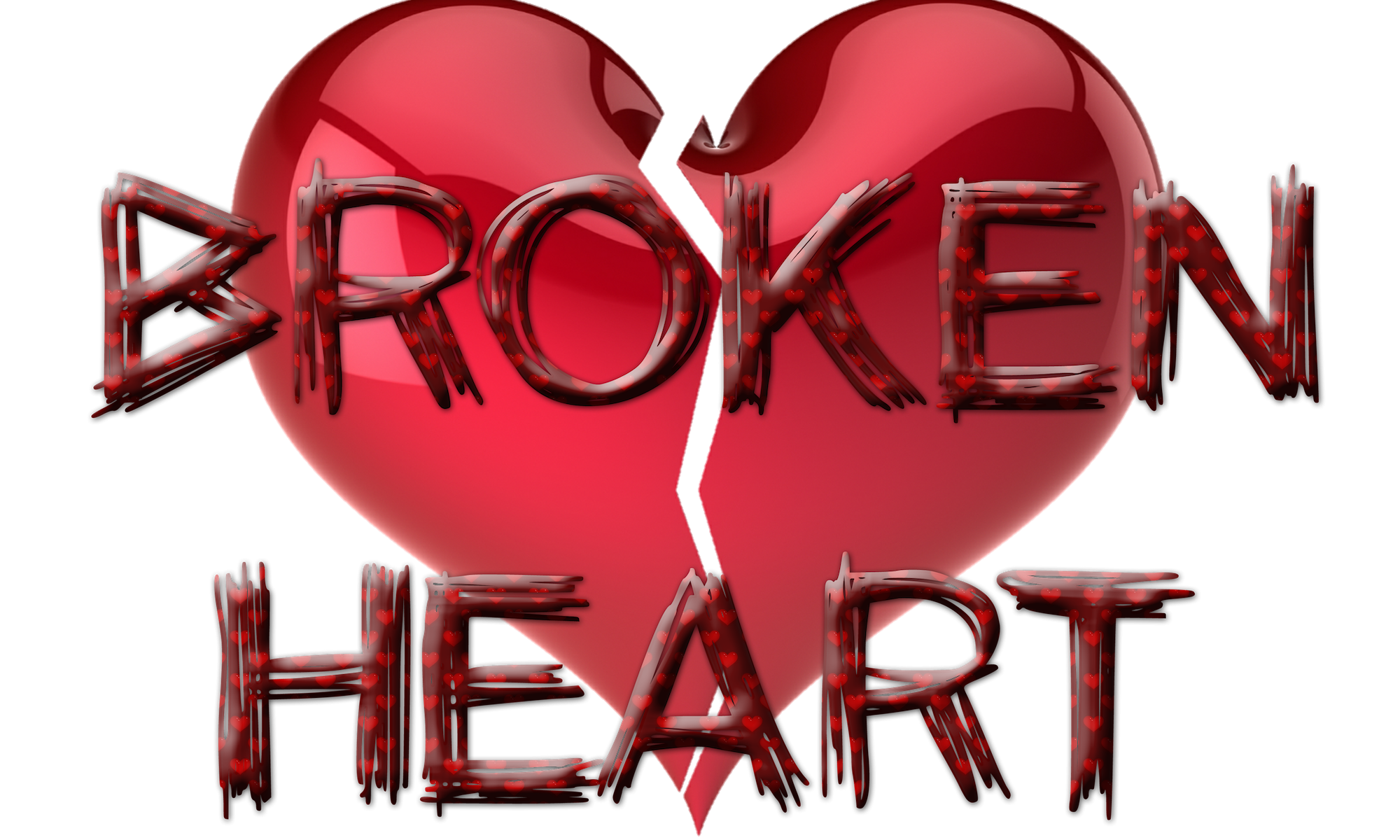I lost an extended family member recently. Attending the funeral brought back lots of memories. None good. Burying my daughter, father and mother in relatively rapid succession (every two and a half years) and being directly responsible for making the arrangements for my daughter and mom was difficult. Horrifying for my daughter actually, who died by suicide. Stressful and somber for my mom who died naturally, but also unexpectedly.
Funeral homes seem to be the only place it feels acceptable for us to talk about death outside of initial condolences. At this recent funeral, I was reminded how freely we can talk about where one may have gone in death. How comforting it is remembering the deceased loved one’s life with both sorrow and levity. How natural it is to contemplate (if only briefly) what life now means for loved ones left behind and the strength it takes to physically let go of our deceased.
Continue reading “Lost in Translation: Why We Don’t Talk About Death”





